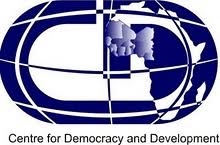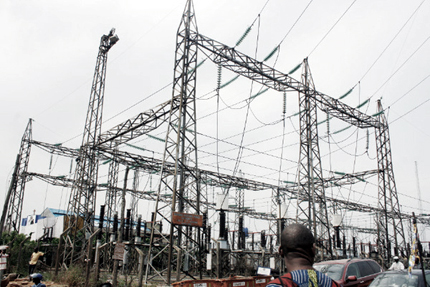The Centre for Democracy and Development (CDD), one of Nigeria’s leading civil advocacy group on good governance, has identified revenue shortfalls as one of the constraints that undermined the Federal Government’s efforts to meet the broad economic development targets as outlined it the Economic Recovery and Growth Plan (ERGP).
The civil society group made this disclosure in its report titled ‘An Assessment of the Effectiveness of Government Policies and Programmes on Economic Growth and Development, 2016-2019’ whichis an overview of economic strategies and goals as outlined in the ERGP, annual budgets, Medium-Term Economic Framework, Fiscal Strategy Papers and monetary policy objectives of the Central Bank of Nigeria,
Specifically, the report critically assessed the main economic agenda of the President Muhammadu Buhari-led administration since 2015 and also examined the effectiveness of policies and programmes that had been implemented.
While noting that some progress has been recorded in the government’s monetary policies thereby engendering stability in the nation’s financial system, CDD stated that federal budgets and most of the macro-economic targets in the plan were underachieved during the period under review.
The report reads inter alia: “In the last one year, price levels have come down, partly due to the sustained tight monetary policies, even though they are still higher than the target levels. External reserves have been reasonably built up, again partly due to policy initiatives undertaken.
“The greatest challenge that has inhibited the achievement of the goals is the revenue constraint. To address this revenue constraint, the government focused on foreign borrowing, recovery of looted public resources, improving tax administration and increasing Value Added Tax”, the group added.
Despite the missed fiscal targets, the CDD reported further that the ERGP had adequately focused on the right vision and strategic objectives and that “developments on the ground have overtaken mainly its specific targets, concerning growth, revenue, output and employment.”
The group recommended that the task of monitoring of implementation of the plan should be vested in a unit in the office of the Vice-President and advised that the proposed unit should liaise with all relevant public and private institutions to achieve its purpose.
On the growth rates, the report observed the results had been lower than the stated targets, despite turning positive, attributing the development to slow or uneven growth of critical sectors such as crude oil, agriculture, manufacturing and power.
The group noted that revenue shortfalls appeared to pose the most significant challenge inhibiting the delivery of a strong enough stimulus and capital investment to engender rapid growth.
To improve revenue earnings, it recommended that efforts should be channelled towards expanding the economy’s tax base through more vigorous enforcement of tax laws and the incorporation of the Small and Medium Enterprises (SMEs) and the informal sector into the tax net.
This is even as the CSO urged the government on the need to explore new areas of generating revenue, such as commercialisation, part-divestment, securitisation and joint ventures, combined with efforts to attract Diaspora investments.
While noting that unemployment has been increasing even though youth and graduate unemployment rate reduced slightly recently, the group through the report suggested upscaling of the various employment generation schemes for better impact on the labour market.



